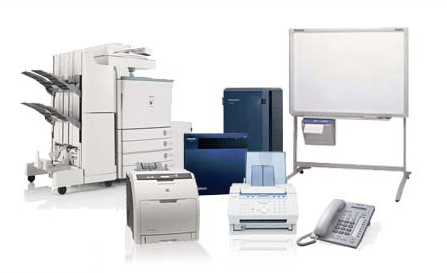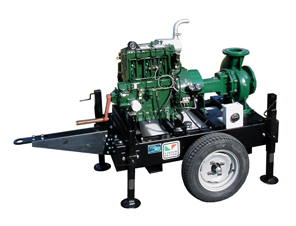ACCELERATED DEPRECIATION FOR SMALL BUSINESS 
The government announced that it will provide small businesses with an immediate tax deduction for every asset they buy costing under $20,000. Small businesses can apply this $20,000 rule to as many individual items as they like. This will temporarily replace the previous instant asset write-off threshold of $1,000. This measure starts 12 May 2015 and will end on 30 June 2017.
Any assets over $20,000 can be added together (‘pooled’) and depreciated at the same rate. These assets are depreciated at 15 per cent in the first income year, and 30 per cent per year thereafter. If the value of the pool is below $20,000 at the end of an income year that ends on or after 12 May 2015 and on or before 30 June 2017 (including existing general small business pool) it can be immediately deducted too.
All depreciating assets (including new and second hand) are eligible, except for a small number of exclusions which receive different depreciation treatment. Assets excluded from these depreciation rules include:
Businesses need to ensure that they only claim a deduction in the year in which the asset is first used or installed ready for use and to the extent to which the asset is used in an income earning activity for a taxable purpose.
To ensure fairness and maximum eligibility for the increased simplified depreciation thresholds, as a once off, the current 'lock out' laws will be suspended for the simplified depreciation rules (these prevent small businesses from re-entering the simplified depreciation regime for five years if they have opted out) until the end of 30 June 2017.
ACCELERATED DEPRECIATION FOR PRIMARY PRODUCERS 
The new laws include changes to allow primary producers to claim an immediate deduction for capital expenditure on water facilities and fencing assets (such as dams, tanks, bores, irrigation channels, pumps, water towers and windmills) and to deduct capital expenditure on fodder storage assets over three years. The measure applies to assets that an entity starts to hold or to expenditure an entity incurs at or after 12 May 2015.
SMALL BUSINESS TAX CUT
It is proposed that companies that are small business entities with an aggregated turnover of less than $2 million will have their corporate tax rate cut from 30 per cent to 28.5 per cent from 1 July 2015. The corporate tax rate for companies that have an aggregated turnover of $2 million or more remains at 30 per cent.
Unincorporated small businesses (sole traders, partnerships or trusts) with an annual turnover less than $2 million will also benefit from a 5 per cent tax discount, on the income tax payable on business income received from an unincorporated entity that meets the small business entity (SBE) test, capped to $1,000 per individual in an income year.
START-UPS
Start‑ups will be allowed to immediately deduct professional expenses incurred when they start a small business, such as legal expenses on establishing a company, trust or partnership; rather than writing them off over five years. This will provide immediate cash flow benefits for small business.
NEW CHILD CARE SUBSIDY 
Families will be able to access a single Child Care Subsidy from 1 July 2017 based on family income. The subsidy will assist low-income families earning around $65,000 or less with 85% of their child care fees, up to an hourly cap. There will be no annual cap for families earning around $185,000 or less.
A family with both parents working 8 hours a fortnight each can have up to 36 hours of subsidised child care; families who work longer hours can have more child care hours subsidised. Volunteering, paid work and study all counts. The Child Care Subsidy will subsidise 24 hours of child care a fortnight for low-income families with a parent who doesn’t work.
CHILDHOOD IMMUNISATIONS
The Government’s ‘No Jab, No Pay’ rule means that families who choose not to vaccinate their children will not be able to receive child care payments or the Family Tax Benefit Part A end of year supplement. This starts on 1 January 2016.